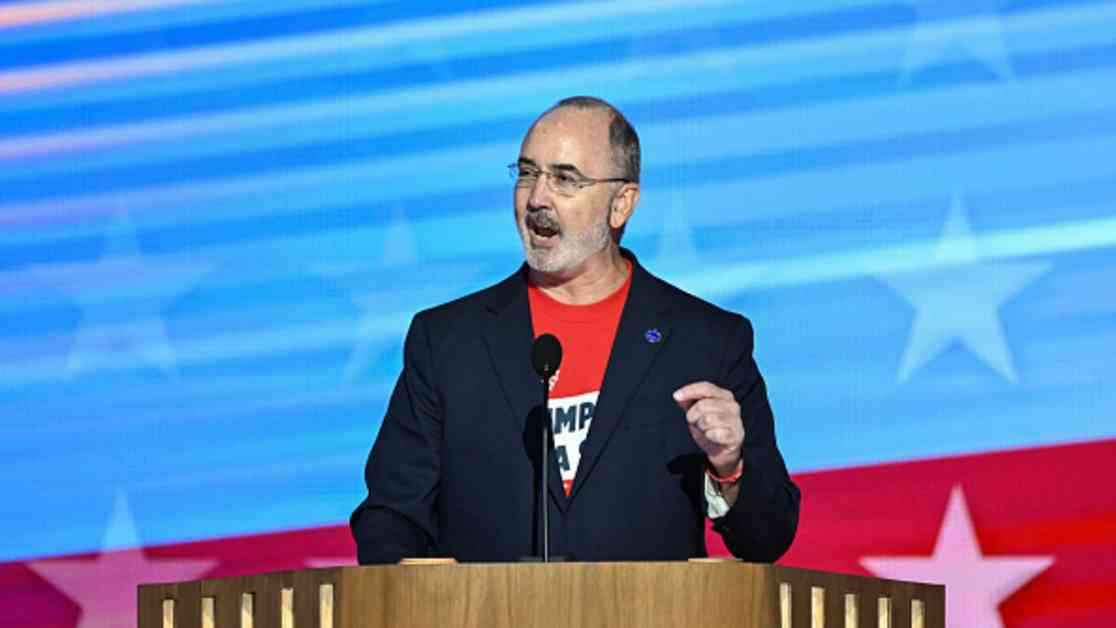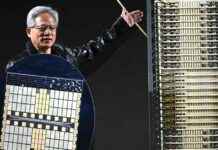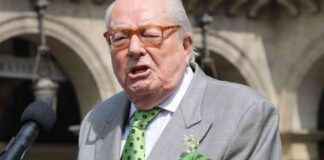UAW President Shawn Fain, who once criticized President Trump, has now surprisingly expressed support for Trump’s tariffs on North America. This unexpected alliance between Fain and Trump has sparked a wave of speculation and debate within the automotive industry and beyond. It’s a twist that has left many wondering about the motivations behind Fain’s change of heart.
UAW President Shawn Fain’s Surprising Endorsement of Trump’s Tariffs
In a recent interview on ABC News’ “This Week,” Fain explained his newfound support for the tariffs, citing them as a crucial step in addressing the longstanding issue of job loss in America. He emphasized that while tariffs are not a definitive solution, they play a significant role in tackling the problem that has plagued the nation for over three decades. This shift in Fain’s stance has raised eyebrows, especially given his previous vocal opposition to Trump’s policies.
Fain’s endorsement of the tariffs comes as a shock to many, considering his history of criticizing Trump and his administration. The UAW, which had previously endorsed Vice President Kamala Harris, released a statement earlier in the week supporting the tariffs and urging companies to handle any additional costs that may arise. This move has further fueled speculation about the union’s evolving position on trade policies.
Reactions from Industry Leaders and Experts
While Fain’s support for the tariffs has garnered attention, it has also drawn criticism from auto executives and industry associations. Many have voiced concerns about the potential impact of the tariffs on the automotive sector, citing increased chaos and costs as major drawbacks. Ford CEO Jim Farley, for instance, highlighted the need for a stronger U.S. auto industry but expressed skepticism about the current trajectory of the tariffs.
The divergence of opinions among industry leaders underscores the complexity of the issue and the challenges of navigating trade policies in a global economy. The debate surrounding Trump’s tariffs continues to intensify, with conflicting perspectives shaping the discourse on their efficacy and consequences. As the automotive industry grapples with the implications of these tariffs, the broader economic landscape remains in a state of uncertainty.
Despite the controversy surrounding Fain’s endorsement of the tariffs, his pivot reflects a broader shift in the political and economic dynamics of the country. The evolving relationship between the UAW and the Trump administration underscores the complexities of trade policy and the diverse perspectives within the automotive industry. As the debate rages on, it remains to be seen how this unexpected alliance will shape the future of North American trade relations.



















